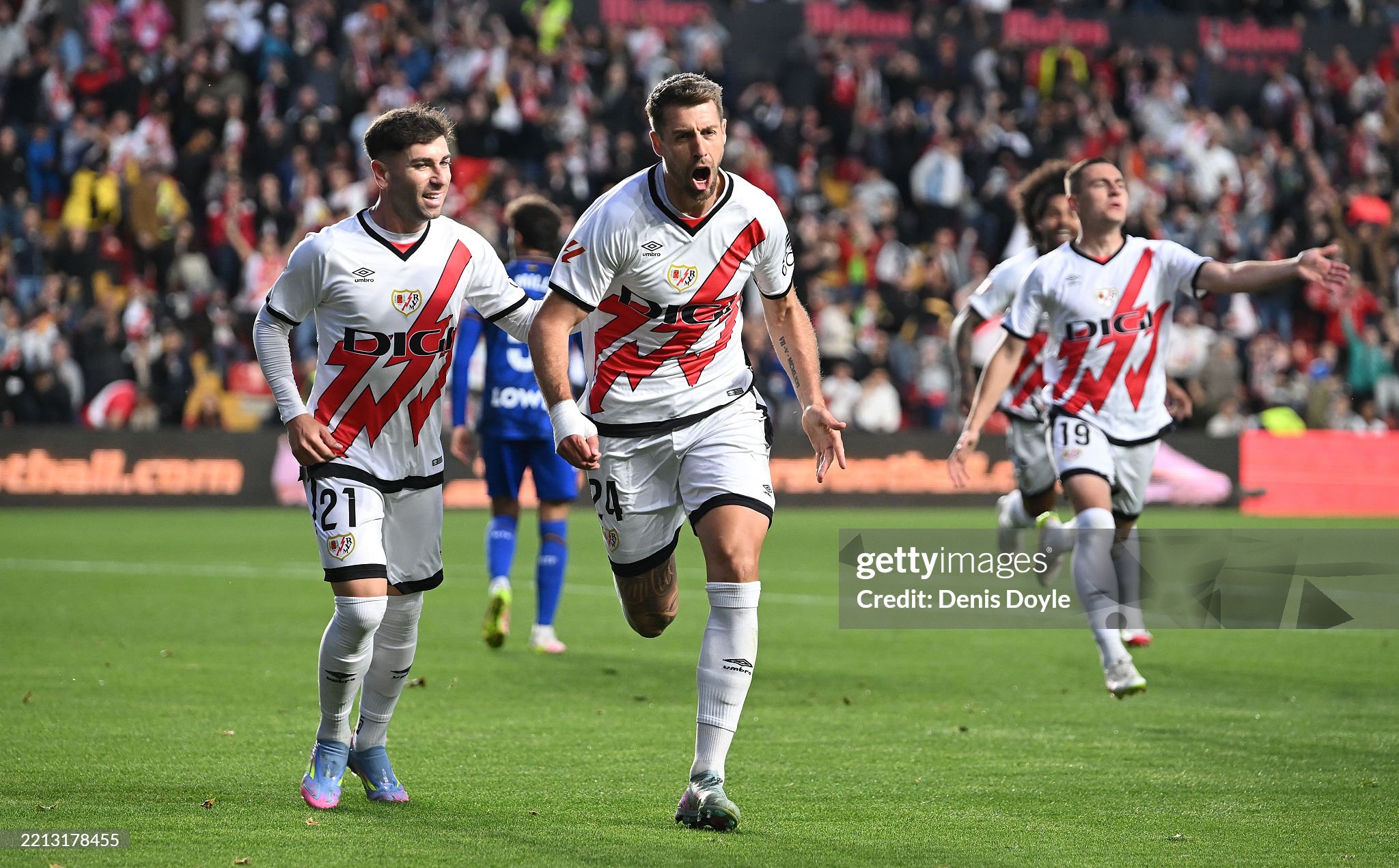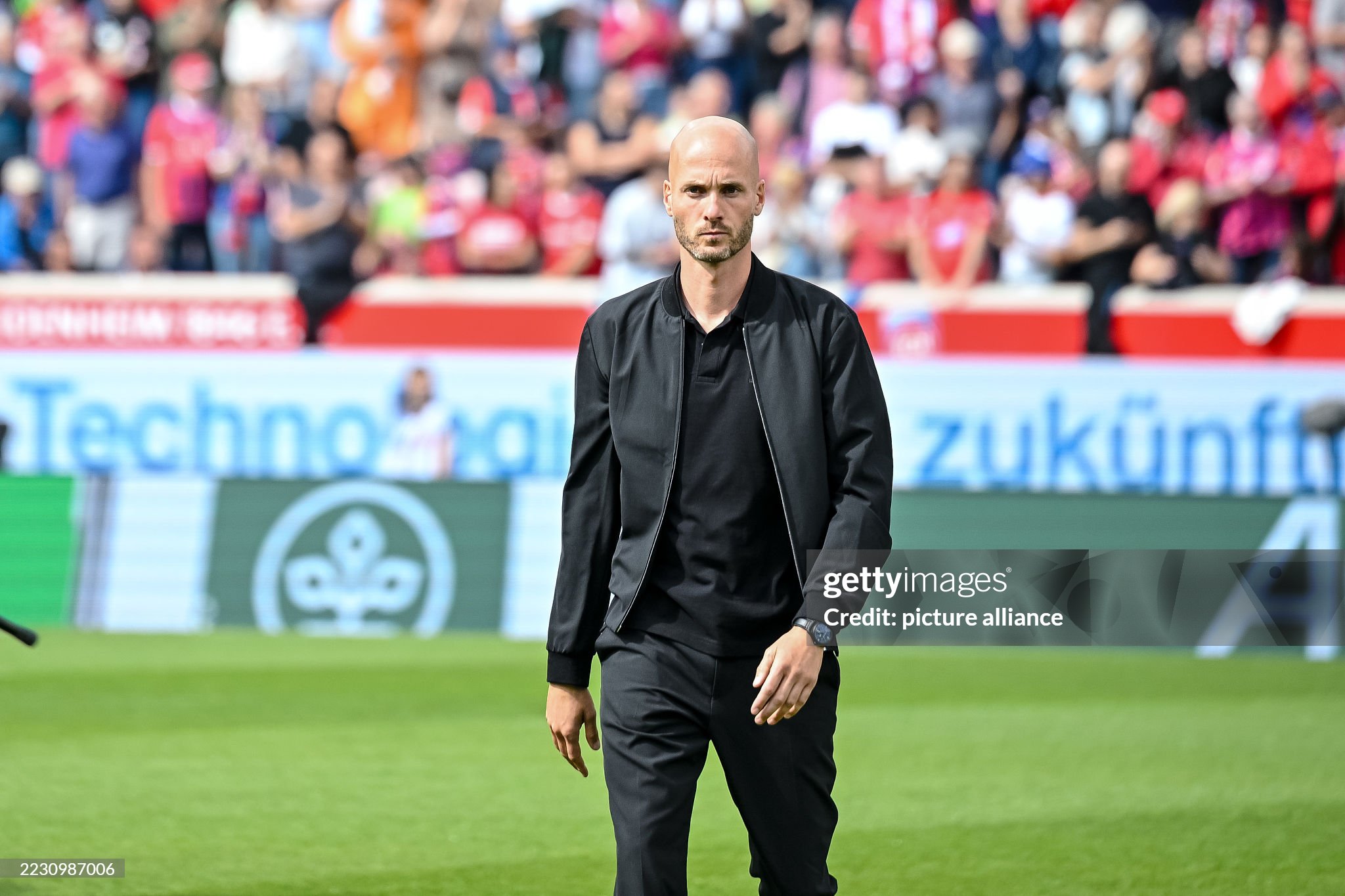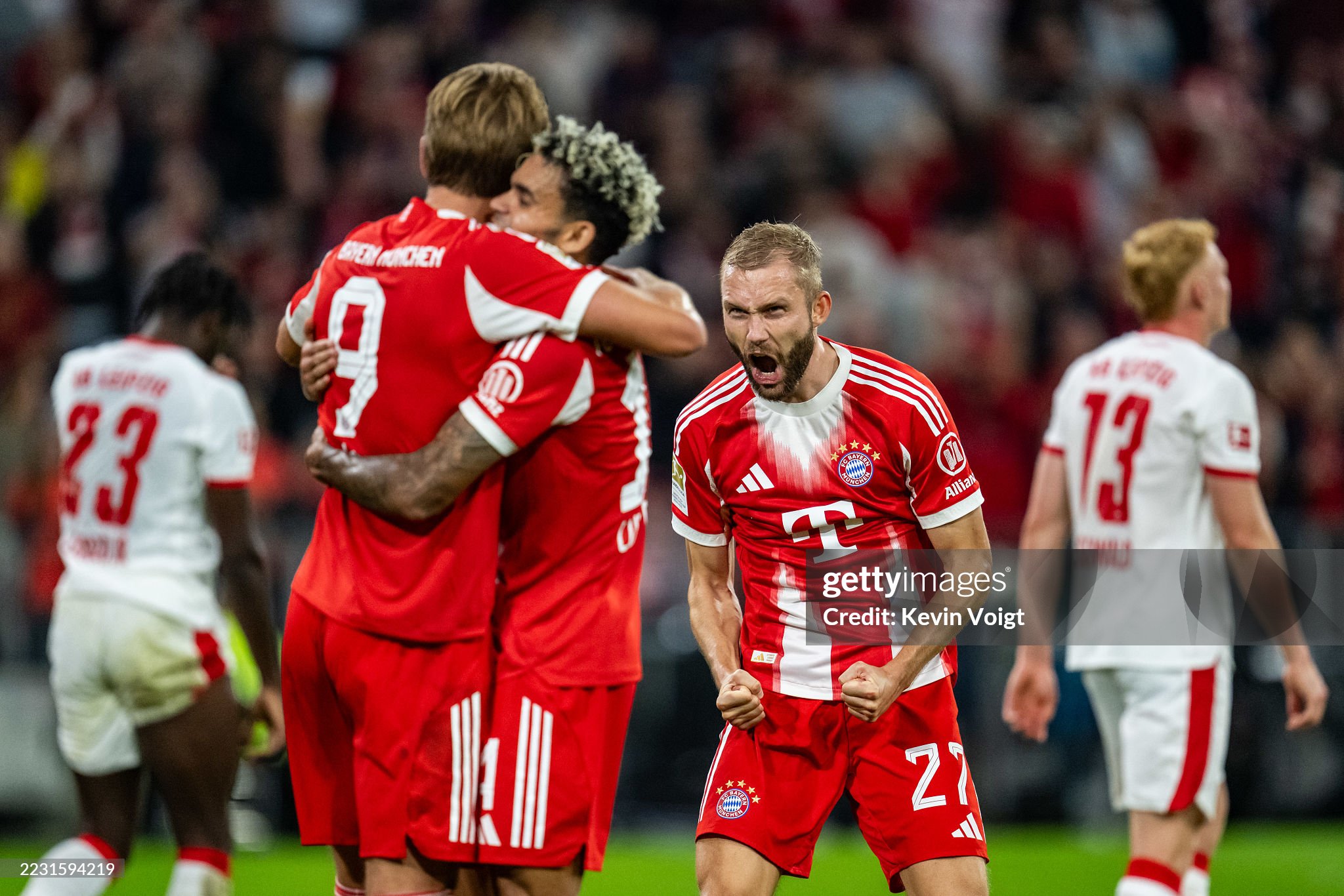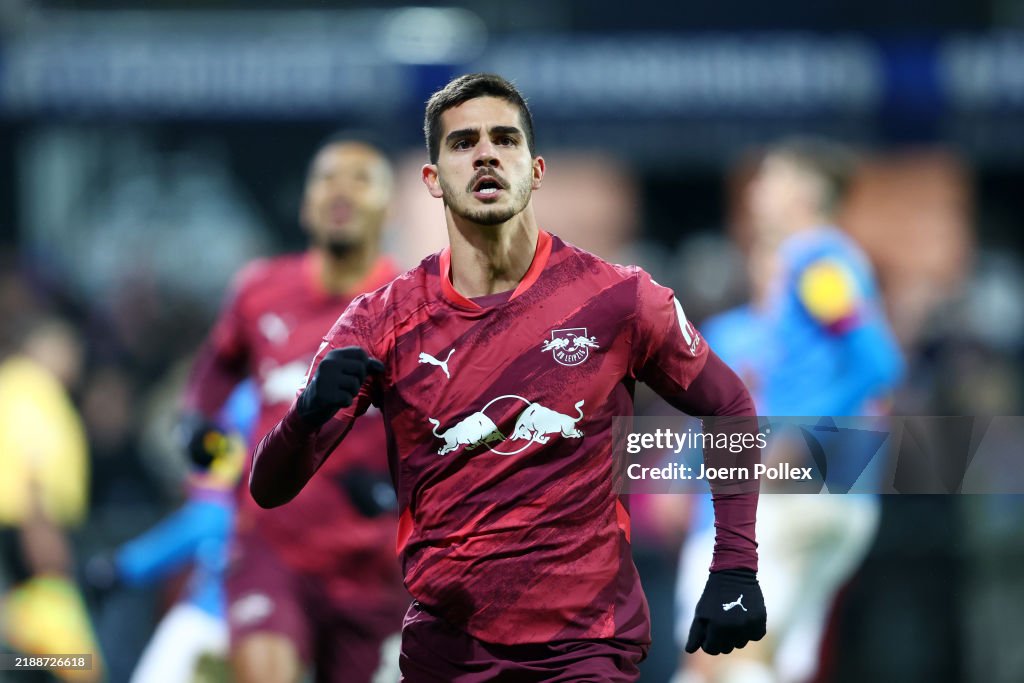Getafe isn’t exactly known for playing beautiful, sparkling football. In fact, few teams are as skilled at disrupting their opponents’ game as the Madrid side. Friday was another perfect example.
 Embed from Getty Images
Embed from Getty Images
Getafe isn’t exactly known for beautiful, free-flowing football. Quite the opposite, in fact. Over the years, the club from the southern outskirts of Madrid has developed a reputation, and some would even call it a trademark, for scrappy, disruptive and highly pragmatic play.
It's the kind of approach that prioritizes results over aesthetics and has turned Getafe into one of the most difficult and frustrating teams to play against in La Liga. On Friday night, as they visited Rayo Vallecano in another capital city clash, that identity was on full display though with very little actual football played.
Despite the clock showing over 99 minutes when referee Víctor García Verdura finally blew the whistle for full time, the numbers painted a very different picture of what had unfolded on the pitch. According to official data, the ball was only in active play for 44 minutes and 22 seconds a staggering statistic that meant just 44.6 percent of the total match time featured any real football. To put that in perspective, this was the lowest figure recorded in La Liga that season by some distance. The next lowest? A match between Alavés and Atlético Madrid, which still managed to squeeze in five more minutes of actual play.
For Getafe, this wasn’t a one-off. Matches involving the team coached by Pepe Bordalás often feature long pauses, persistent fouling, injury delays, and time-wasting tactics all part of a calculated plan to upset rhythm and slow the tempo. It’s a style often described as “anti-football,” yet one that has delivered tangible results in the past.
On this occasion, however, those tactics didn’t yield the desired outcome. Rayo Vallecano struck early thanks to a well-timed header from French defender Florian Lejeune, who capitalized on a set-piece to put the home side ahead within the opening stages. From there, Getafe tried to drag the game into the kind of stop-start battle they tend to thrive in, but without success on the scoreboard. Rayo defended their lead with discipline and composure, aware of the psychological warfare that tends to accompany any clash with Getafe.
The match wasn't without drama. A particularly controversial moment involved Getafe captain Djené Dakonam. The Togolese defender, known for his toughness and reliability, made a strong sliding tackle that many thought was clean. However, the referee waved play on. Djené, clearly infuriated by the non-call, responded with theatrical and dismissive gestures. His frustration earned him a yellow card, and moments later, his continued protests and visible outrage led to a straight red. It was a self-destructive moment from a key player and one that symbolized Getafe’s growing sense of frustration throughout the evening.
With the final whistle, Getafe not only left Vallecas empty-handed but also marked a personal milestone for their coach, Pepe Bordalás albeit not a happy one. It was his 300th match in charge of the club, a significant achievement in itself. Despite his polarizing style, Bordalás remains a highly respected figure in Getafe’s history. In fact, as the sports daily Marca pointed out, he is widely considered the most successful coach the club has ever had. Under his leadership, Getafe achieved promotion to La Liga, qualified for the UEFA Europa League where they famously eliminated Ajax in 2020 and most importantly, managed to consistently survive in the top flight against clubs with far bigger budgets.
In Spain, where tactical variation is more tolerated than in some other leagues, Bordalás' style has not been universally condemned. Many view him as a tactical realist a man who does what he must with the resources at his disposal. For a club like Getafe, staying in La Liga year after year is no small feat.
Meanwhile, in stark contrast, another match held in Madrid that same weekend provided a reminder of what uninterrupted football can look like. Real Madrid hosted Celta Vigo at the Santiago Bernabéu, winning the match comfortably. There, the ball was in play for an impressive 66 minutes and 6 seconds the highest total of the matchday. Remarkably, that game ended over two minutes earlier than the one in Vallecas, showing how game management and style can have an enormous impact on the actual flow of a match.
For Getafe, the defeat was more than just three lost points it reignited a familiar debate about the club’s identity. Is pragmatic football a valid survival strategy, or is it holding the team back from reaching its potential? That question is likely to remain unanswered at least as long as Bordalás is on the touchline, stopwatch in hand, shaping chaos into results.
Updated: 11:41, 6 May 2025








